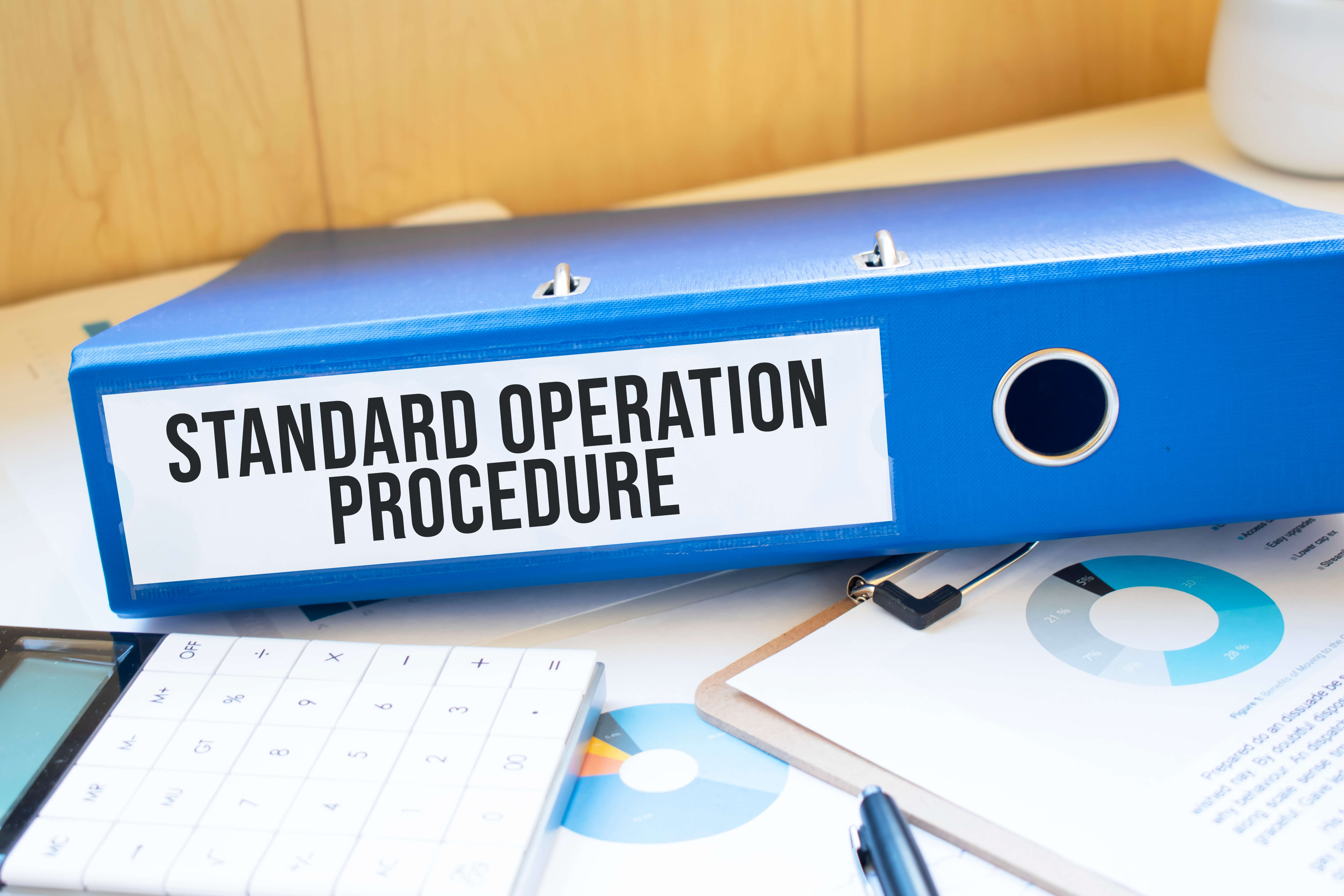A new strategy is calling on employers to boost the number of older workers and ensure they are not "writing people off" once they reach a certain age, helping to build a country that works for everyone. It’s estimated that by mid-2030s, people aged 50 and over will comprise more than half of the UK adult population.
The government is encouraging people to take full advantage of the opportunities that work can bring, including seeking out a new career if they are feeling unfulfilled at work. A group of over 40 employers have spearheaded the new business approach to older workers. Secretary of State for Work and Pensions, Damian Green, says: “Most people are healthier for longer and so are able to extend their careers and take up new opportunities.
Staying in work for a few more years can make a significant difference not only to someone’s income but also their physical and mental health.
"I urge all businesses to reassess the value of older workers. Nobody should write off hiring someone due to their age, and it’s unacceptable that some older people are overlooked for roles they would suit completely.”
Does employing older workers raise questions regarding Health & Safety?
Older workers bring valuable experience to the workplace and can boost overall safety culture. Employers must make reasonable modifications to the workplace to enable older workers to carry out their tasks safely and effectively for as long as they are capable to do so.
The Law and Employers' Duties
Employers have a general duty to ensure, so far as is reasonably practicable, the health, safety and welfare at work of all employees, regardless of age, under the Health and Safety at Work, etc Act 1974. This extends to the particular issues concerning older workers and their health, safety and welfare.
- The Management of Health and Safety at Work Regulations 1999 require employers to carry out suitable and sufficient assessments of the risks faced by their employees and others and these assessments need to consider any additional risks created by the age of their employees.
- The Workplace (Health, Safety and Welfare) Regulations 1992 have requirements relating to pedestrian traffic routes and staircases that would be relevant where older workers are employed and also to lighting levels that, again, would be relevant to older workers.
- The Health and Safety (First-aid) Regulations 1981 require employers to carry out assessments of their first-aid needs and to provide appropriate facilities. The presence of older workers will need to be taken into account during the assessment.
- The Health and Safety (Display Screen Equipment) Regulations 1992 may require the age of older workers to be taken into account when a workstation analysis is carried out and may also have implications with regard to the eyesight tests required for users.
- The Manual Handling Operations Regulations 1992 require that the age of older workers be considered when a manual handling assessment is carried out.
- The Regulatory Reform (Fire Safety) Order 2005 requires the duty holder (the person who controls the premises) to carry out a fire risk assessment (and record it if the duty holder employs five or more people). The risk assessment must take into account any persons at significant risk — this may include older workers, depending on their state of health.
- The Control of Substances Hazardous to Health Regulations 2002 require that individual factors, such as age, be taken into account when carrying out an assessment.
- Under the Equality Act 2010 employers must make reasonable adjustments in order to help employees with health issues. This can include health issues related to the age of an older worker. Employers must ensure that employees are not put at an unfair disadvantage and should review the work system to identify what can be adapted, and make reasonable adjustments, to allow the employee to perform his or her tasks effectively.
Employees' Duties
Under the Health and Safety at Work, etc Act 1974, employees, regardless of age, must co-operate with their employers in order for those employers to comply with any health and safety legislation. Employees must ensure their acts or omissions do not endanger themselves or others. Under the Management of Health and Safety at Work Regulations 1999 employees, including older employees, must, among other matters, report any shortcomings in their employer’s protection arrangements for health and safety; this would include the protection arrangements for older workers.
Equality Law
Discrimination in respect of age is different from all other forms of direct discrimination in that it can be justifiable, if it is a proportionate means of achieving a legitimate end such as considering changes to work that may be needed to ensure older workers can remain in the workforce.
Related resources
Categories
- Business Advice
- Contracts & Documentation
- Culture & Performance
- Disciplinary & Grievances
- Dismissals & Conduct
- Employee Conduct
- Employment Law
- End of Contract
- Equality & Discrimination
- Health & Safety
- Hiring & Managing
- Leave & Absence
- Managing Health & Safety
- Moving
- Occupational Health
- Pay & Benefits
- Recruitment
- Risk & Welfare




